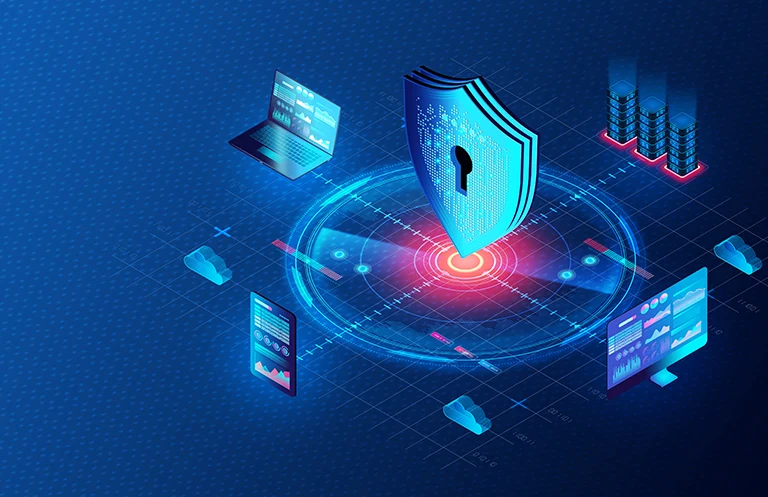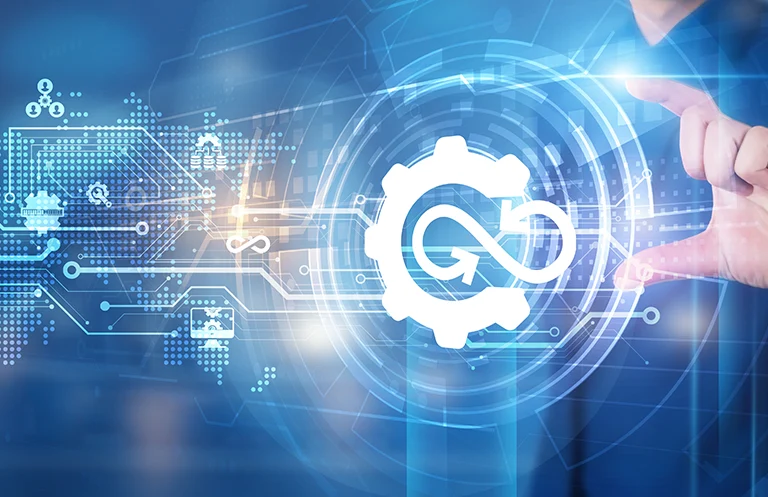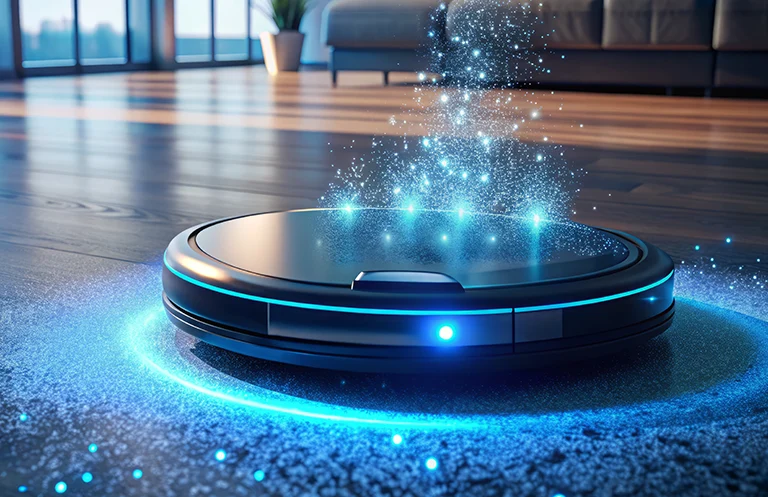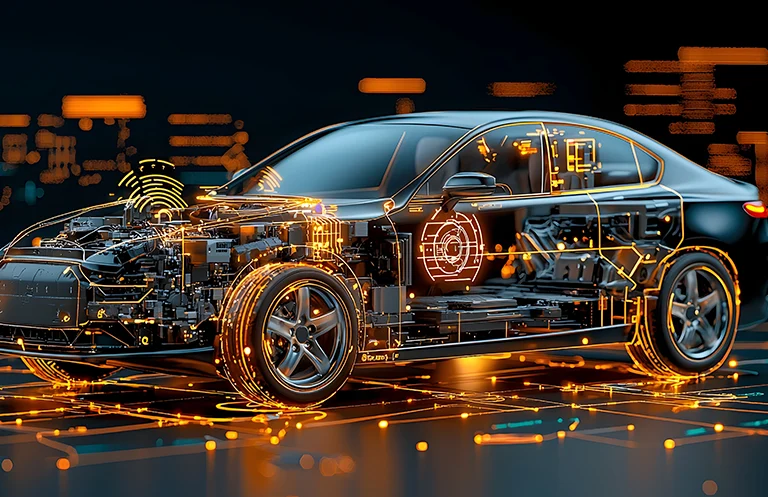Why do we need smart cities? The purpose of transforming cities is to improve the quality of life by harnessing technology like IoT, AI, and Machine Learning algorithms. Technology integration is one of the key challenges in developing smart cities. Microsoft with its Azure-powered solutions like Azure Sphere and Azure IoT Hub helping organizations and governments with smart city initiatives. Let us see how IoT is being adopted in forming smart cities, various use cases and their implementation.
IoT Adoption for Smart Cities
The smart city is a framework consisting of information and communication technologies for addressing growing urbanization challenges. Smart cities are formed by the integration of digital technologies like IoT, AI, and geospatial technology. Looking at the scope of smart cities many businesses are investing in technologies like IoT.
According to Zion Market Research, the global IoT in smart cities market was valued at around USD 79.3 billion in 2018 and is expected to reach approximately USD 330.1 billion by 2025, at a CAGR of slightly above 22.6% between 2019 and 2025.
For smart cities, IoT provides uninterrupted communication among the connected devices. Let us see how Azure IoT solutions can help us to build smart cities.
Azure IoT Solutions for Smart City
Azure IoT solutions provide a fully managed IoT platform for building customized solutions ensuring an end-to-end security, disaster recovery, availability and more. With Azure IoT platform comes with the ready to use template called the “government apps”. The developers can quickly access government app templates for free and also access various resources including operator dashboards, rules, among others. Let’s see some of the Azure IoT solutions for the smart city.
Smart Traffic Management
Smart traffic management uses various sensors and fetches GPS data straight from the driver’s smartphone to determine various parameters like location, speed, and license plate data. With these IoT connected devices, the smart traffic lights connected to the Azure cloud platform monitors and alters the traffic lights based on the volume of traffic and helps in preventing congestion. It also makes use of historical patterns and predicts where the traffic could occur and inform to take measures to mitigate potent congestion.
Public Transport
The data collected from IoT devices can help to identify how citizens commute or use public transport. The public transport authorities can use such data to improve citizen traveling experience and even improves safety. With data analysis on the Azure cloud platform, the authority can also manage the ticketing, traffic issues in real-time.
Smart Street Lighting
Connecting every street light with a sensor and then connecting these to an Azure cloud platform we can set lighting schedules for a respective zone. So how smart street lighting works? – It gathers data like the movement of people, vehicles, and illuminance and analyzes it to improve the lighting schedule. In short, the street lights can remotely manage and directed to dim, brighten, switch off or switch on based on the near conditions. For example, the lights will be brighter when the pedestrians are crossing the road, it will be dim or switch off if there is no movement for a long time and turn on when people or any vehicle movement is observed.
Smart parking
The smart parking system determines the occupancy of the vehicle at the parking space. Using GPS data from the driver’s phone, the system finds whether the free spot for parking is available or not. Drivers can see the free spot on their smartphone and avoid unnecessary travel. When the nearest parking space is available the system sends a notification to the driver. The smart parking allows the driver to quickly spot free parking space, saving time and fuel.
Water Management
Smart water meters can be employed at the homes that can help to monitor the water consumption automatically without any human intervention. In traditional water gauges, there are human errors in consummation calculations and inaccurate billing whereas smart water meters remotely capture the water consumption data, generate bills and the user can see that on mobile apps.
Wrapping up
IoT helps cities to connect and remotely manage various components starting from the street light, waste, water, electricity, transport and many more. Leveraging IoT for smart cities not only reduces the cost of energy and resources but also makes cities safer and cleaner.
Azure IoT continues to accelerate creating solutions for smart cities with its Azure Sphere and Azure IoT Hub platforms. eInfochips and Microsoft provide customized IoT solutions and help businesses in implementing a highly scalable, reliable, and cost-efficient infrastructure using Azure IoT platforms. Our engineers are certified in Microsoft platforms and bring multi-project experience, employing best practices across verticals. Equipped with dedicated technology labs and regular training sessions, we assist customers in deploying Microsoft Azure solutions that increase productivity, efficiency, and profitability. Connect us to know more about our Microsoft Azure services.











